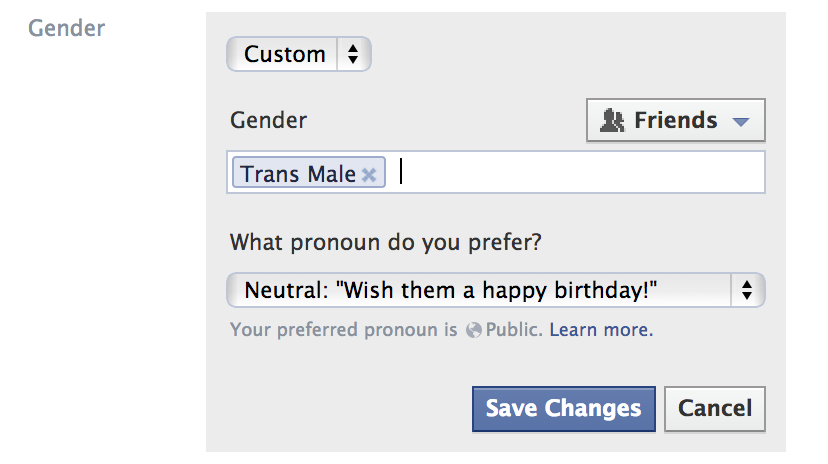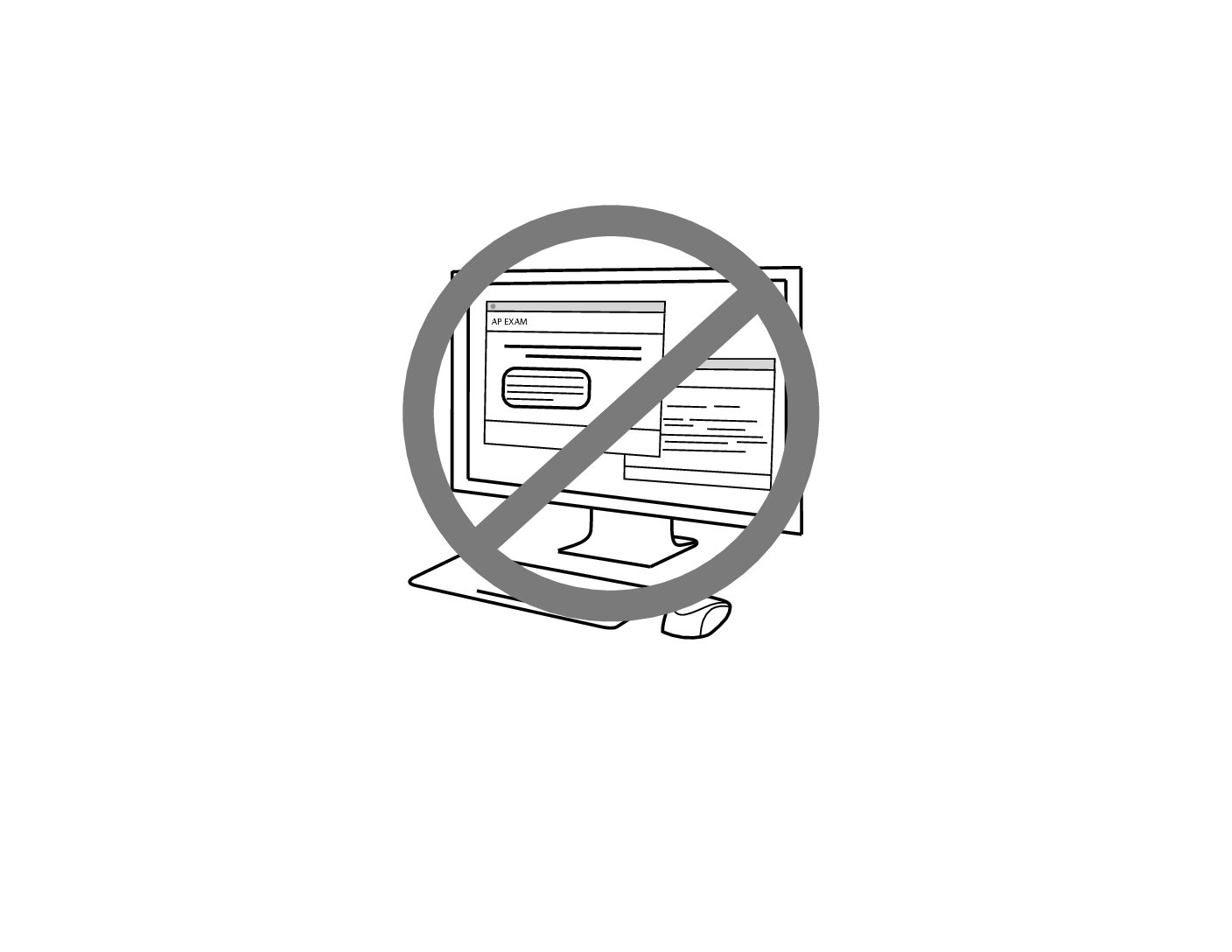OPED: Facebook’s new gender option pleases certain people

Bluedevilhub.com Staff–
On Feb. 13, Facebook added new gender and pronoun options for users, deviating from the standard Male or Female option and accommodating to those who do not conform to standard gender roles. Facebook now has 50 gender options for users, including a custom one, and allows users to choose their preferred pronoun.
I have to say, major kudos to Facebook on this excellent update. They are modernizing and accommodating to a much greater variety of people, and showing Facebook users the importance of respect to all gender identities. Facebook has shown that they are not insensitive to the LGBTQ+ community and is making an important step in the widespread acceptance of non-traditional genders.
With nearly 1.2 billion users, the change has benefitted many users who do not conform to just male or female. Between 0.1 and 0.5 percent of people are transgender, according to the Los Angeles County of Health in 2012, and one to three percent people preferred gender neutrality, according to a study by Gettysburg college. For these people and others in the LGBTQ+ community, Facebook has made a small accommodation in adding the new gender options that makes a big difference.
Among the fifty new options are gender fluid, or someone whose gender is not necessarily in only male or female; gender nonconforming, someone who does not conform to either male or female; transgender, for someone who has a gender identity that does not traditionally go with their “allocated” sex; and cis, which means somebody whose gender identity is the same as their “assigned” sex.
The update also allows users to select what pronoun they wish to be addressed as. Users can choose to be referred to as he/him, she/her, or they/them. So when Facebook tells you to write on your “friend’s” wall for their birthday, it does not have to be the traditional “write on his/her wall,” but could say “write on their wall.” This is a great way to make gender neutral people feel more comfortable on the website, and will help other users avoid misgendering someone. Way to go Zuckerberg.




